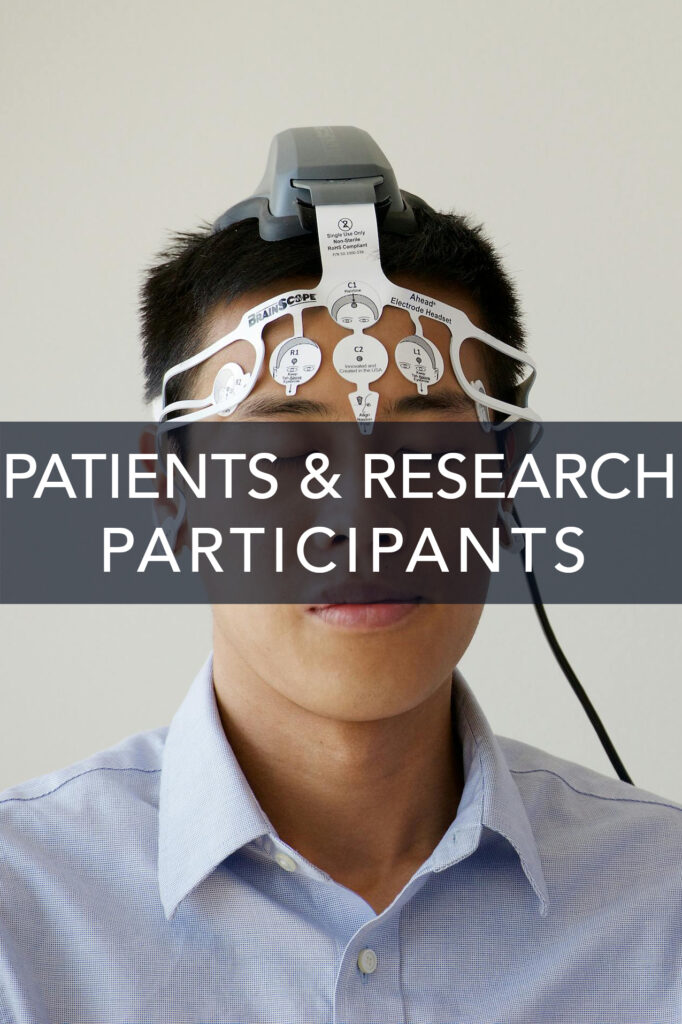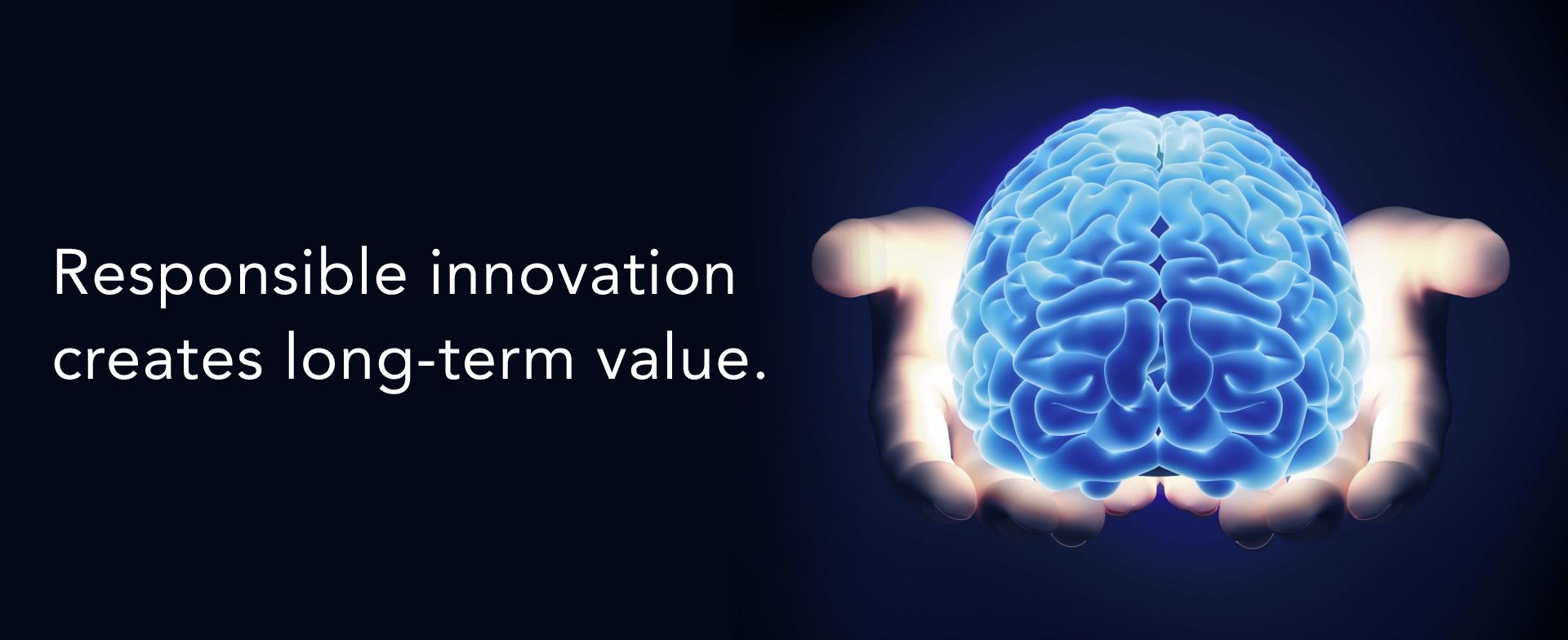

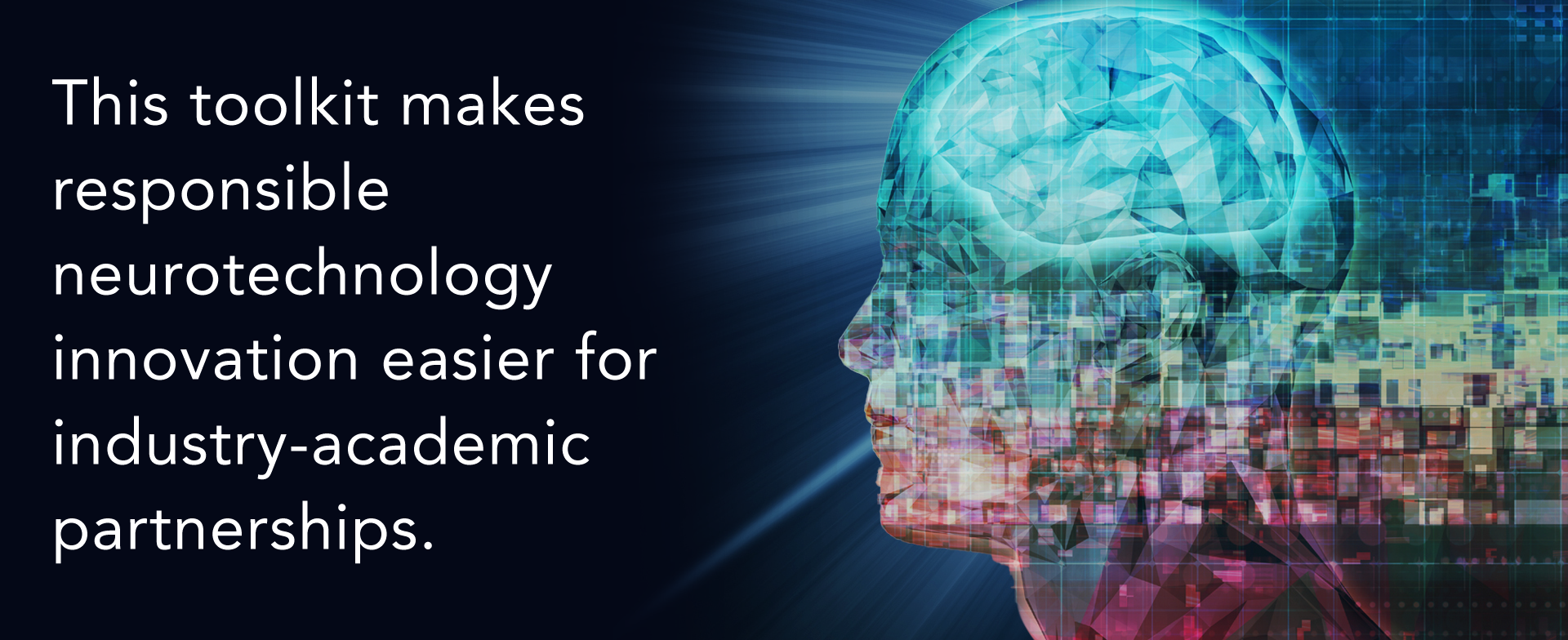
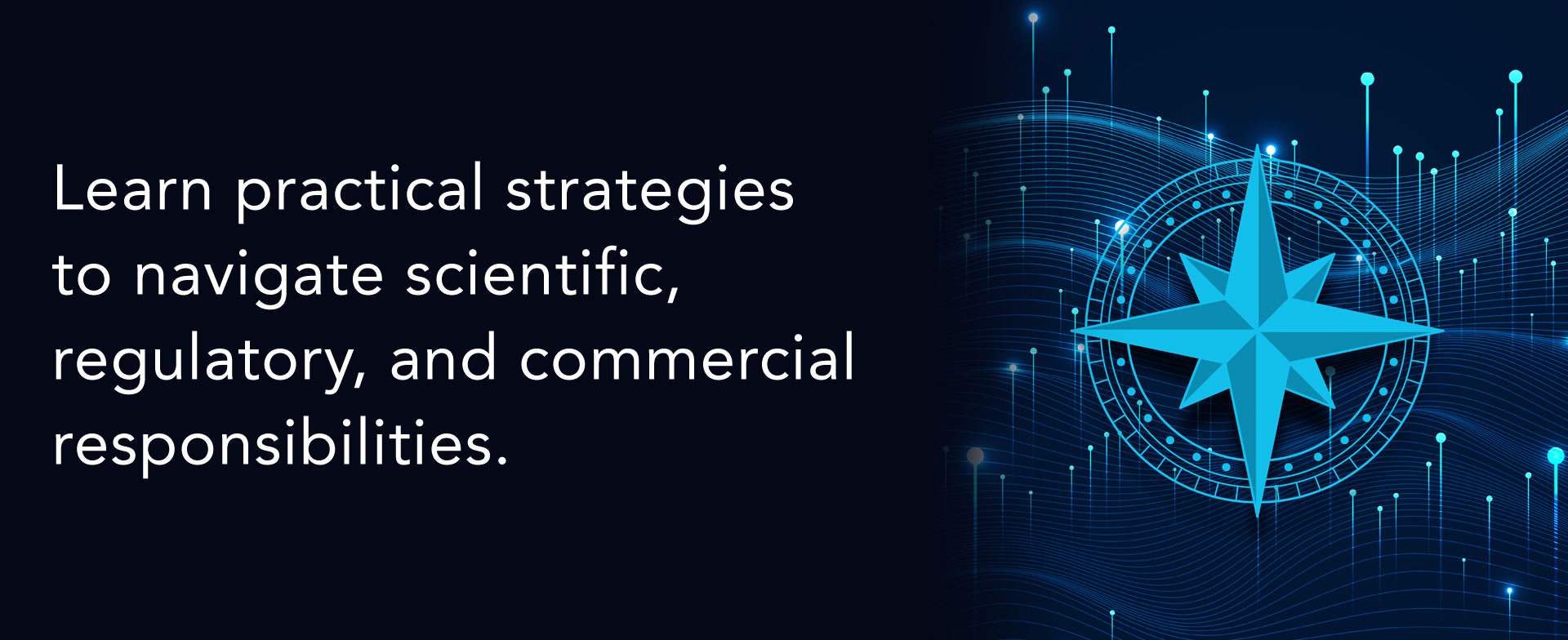
Responsible Research and Commercialization of Neurotechnologies
Scientific discovery and technological innovation are rarely accomplished in isolation. When developing neurotechnologies, universities and companies often collaborate to transform early-stage research into tangible products and therapies. Academic institutions provide deep scientific expertise and the capacity for early-stage testing of new ideas. Companies contribute resources and infrastructure necessary for development and large-scale deployment.
As crucial as industry-academic collaborations are, they have significant ethical and practical complexities. Neurotechnologies introduce additional unique challenges, including questions about mental privacy, autonomy, equitable access, and long-term support. Navigating these challenges requires careful attention to differing priorities, values, and responsibilities of various stakeholder groups, including researchers, clinicians, academic administrators, the public, and industry personnel.

Why Responsible Innovation Matters

Neurotechnologies hold the power to improve lives, offering new possibilities for treating conditions like depression, chronic pain, movement disorders, paralysis, and more. Many of these innovations emerge through partnerships between universities and companies—collaborations that are vital for turning early-stage discoveries into real-world treatments.
But innovation in this space comes with high stakes. When industry and academia work together, they often operate under different timelines, expectations, and assumptions. Without careful attention to these differences, this can lead to frustrations, delays, and miscommunications that undermine quality research and commercialization.
We created this toolkit to support responsible neurotechnology innovation, ensuring that these partnerships efficiently and effectively advance science while upholding the rights and well-being of neurotechnology recipients: the public.
How This Toolkit Can Help You
Whether you are starting a new industry-academic partnership or navigating an existing one, this toolkit offers practical and actionable resources to help you do so responsibly, effectively, and efficiently. Inside, you’ll find:
- Stakeholder-specific guidance on building and managing partnerships
- Real-world case studies and practical checklists
- Sample language for contracts and critical conversations
- Visual tools to clarify priorities, trade-offs, and shared goals
- Strategies for maximizing partnership efficiency and quality
These tools are informed by research with stakeholders like you—researchers, clinicians, patients, ethicists, academic administrators, and company leaders. Wherever you are in the partnership process and whatever your role, this toolkit is here to support you in making thoughtful, informed decisions about neurotechnology development and commercialization.

The development of this toolkit is supported by the National Institutes of Health BRAIN Initiative, Grant Number R01MH130519 (PI: Tristan McIntosh).
